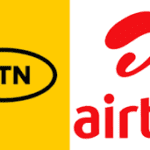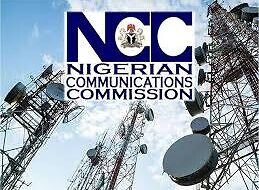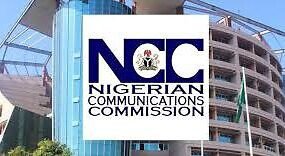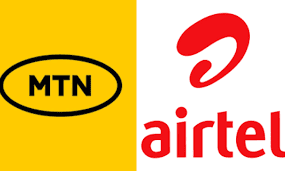Niger State has officially waived Right of Way (RoW) charges for fibre optic cables in a bold move to drive rural internet access and encourage digital inclusion. The policy shift aims to reduce the cost of broadband infrastructure deployment, especially in underserved communities where connectivity remains a luxury.
Governor Umaru Mohammed Bago confirmed the decision while speaking to stakeholders on the importance of telecommunications infrastructure. “Telecommunications infrastructure is critical for the socio-economic development of the state,” he said, noting that improved connectivity would bolster e-governance, enhance access to public services, and open up economic opportunities in remote areas.
For years, the cost of RoW in Nigeria has deterred internet providers from investing in infrastructure. While the federal government had set a ₦145 per linear metre benchmark, many states charged significantly higher, pushing telecom companies away from much-needed projects. Niger State’s new policy aligns with national efforts to standardise these fees and promote equitable access to digital services.
Rural communities ready for transformationLimited internet access in rural parts of Niger State has long stifled growth. In agricultural hubs like Mariga and Wushishi, farmers struggle to access market data or conduct digital transactions. This lack of connectivity continues to limit their economic potential. By removing financial barriers, the state hopes to attract private investment that will bridge these gaps and improve the quality of life.
The initiative is also in line with Nigeria’s broader digital strategy — the National Broadband Plan — which targets 90% broadband penetration by 2025. The Universal Service Provision Fund (USPF) has been actively supporting such efforts, funding projects to extend digital infrastructure to underserved regions.
States like Ekiti and the Federal Capital Territory (FCT) have made similar moves. Ekiti cut its RoW fees by 96% in 2022, while the FCT slashed charges by 90% in the same year. These developments indicate a growing recognition of how crucial affordable infrastructure is to Nigeria’s digital future.
- Mobile Growth Surges as Nigeria’s Phone Users Near 180m—NCC

- Nigeria’s Broadband Target Slips Again

- MTN, Airtel Experience Service Outages in Abuja Over Diesel Supply Disruptions

- Airtel Africa, SpaceX Partner on Starlink Direct-to-Cell Connectivity Across 14 Markets

- 4 Hours of Data Outage: How Glo Did Users ‘Detty’ in Big 2025

- Glo Issues Apology Over Nationwide Data Disruption Earlier Today














No Comments